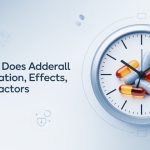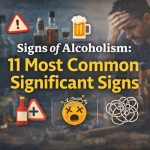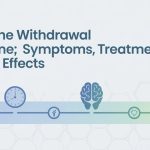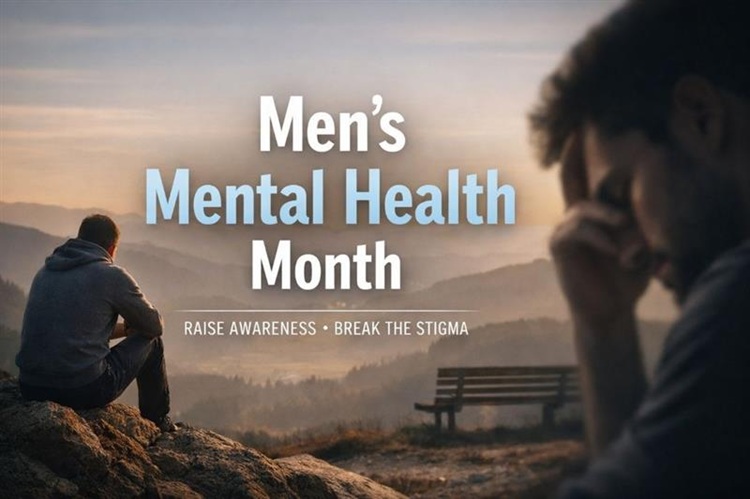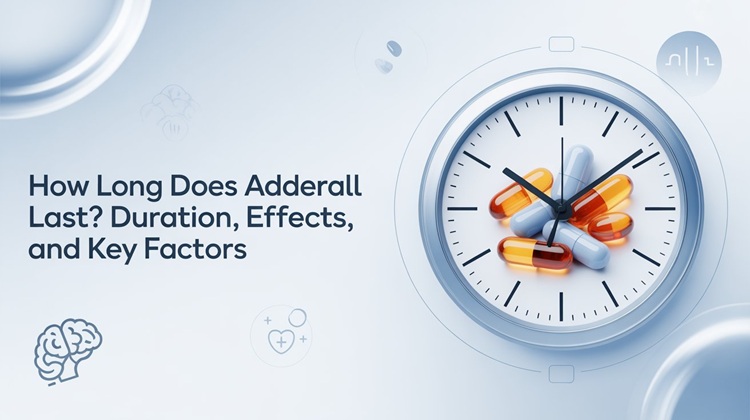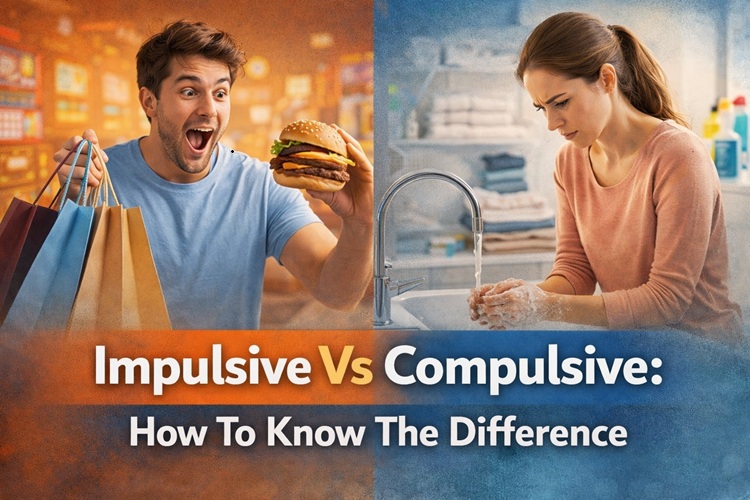Have you ever thought of how long alcohol takes time before it stops its presence in your body after the night? If you are interested in personal health, job background checks or the fear of a loved one, it is important to know how long alcohol remains in your system. It is not one answer to all people: it differs depending on your age, weight, condition of your liver, metabolism, how frequently you drink alcohol, and how much you drink.
This question is typically one that can raise greater questions in the mind of a person with a problem of chronic alcohol consumption: Do I have alcohol dependence? Should you seek help? When this is the case, contacting a locally respected alcohol abuse treatment center might be the first step to a change in life.
How is Alcohol Measured in the Body?
Your Body Alcohol Concentration (BAC) is typically the measure used to determine the level of Alcohol in the body. BAC is the level of alcohol in your blood system, which is normally given as a percentage. In the U.S., it is legal for anyone who is driving to be intoxicated at a rate of 0.08 percent.
Other methods include
- Breath tests that detect the quantity of alcohol that was excreted through the breath
- Urine alcohol or metabolites of alcohol. Urine tests to identify the existence of alcohol or its products
- Saliva or hair follicle tests in long-term detection cases
They all have a detection window and each testing method is more or less effective depending on variables such as, the amount of alcohol that has been drunk, the time since alcohol took it into your body and body chemistry.
How Long Does Alcohol Stay in Your System?
The general rule of thumb is that alcohol stays in your bloodstream for up to 12 hours, but it can be detected by other means for much longer.
- Urine tests can detect alcohol use for up to 5 days, especially using advanced tests like EtG (ethyl glucuronide).
- Saliva tests can detect alcohol for up to 3 days.
- Hair tests may detect chronic alcohol use for up to 90 days.
Even after the intoxicating effects wear off, traces of alcohol may still be present in your system, potentially affecting your performance, judgment, and even legal outcomes if testing is involved.
How is Alcohol Metabolized?
When a person drinks alcohol it is mainly the liver that first breaks it down and uses enzymes such as alcohol dehydrogenase (ADH) and aldehyde dehydrogenase (ALDH).
Once consumed:
- Alcohol is converted to acetaldehyde (a toxic compound).
- Then to acetate,
- Which is finally broken down into water and carbon dioxide.
These byproducts are eventually expelled through your urine and breath.
The overall rate of consuming alcohol is one standard drink per hour and most people can digest it at this rate.
One standard drink consists of:
- 12 ounces of beer
- 5 ounces of wine
- 1.5 ounces of distilled spirits
Nevertheless, this rate can be smaller in people with liver disease, underweight and others.
How Long Does it Take for Alcohol to Kick in?
The outcomes of the effect of alcohol normally start after 10 to 30 minutes of drinking depending on several factors:
- Alcohol intake on an empty stomach results in faster absorption
- Alcohol with higher proof (such as spirits) has a quicker effect than low-proof beverages
- The level of your metabolism, as well as your hydration, are also important factors
The highest levels of intoxication can be achieved in 30-90 minutes after the time when you last took anything. That is the reason why people sometimes feel good after drinking a single drink and then they are ambushed by the feeling of drunkenness after a few minutes.
How Long Does It Take to Get a Drink Out of Your System?
The amount of time it takes alcohol to clear your system depends on the standard drink and on average you can have one hour to get it out of your system. Thus, assuming you have taken four beers, you might probably take four hours or more before the alcohol is broken down in the body.
Nonetheless, there is a big difference between being sober and alcohol-free testing. Even though you think you are in your right mind, your body would have an appearance of alcohol left in it, which would still show up in a sophisticated drug test even after several hours or days. This is why a person who is about to take a court-ordered exam or a job screening should be careful even of having a couple of drinks on the weekend, as they will be detected in several days.
Does Drinking Water or Coffee Help You Sober Up?
It is probably the myth you have heard: Drink coffee or water and you will get sober soon. Regrettably, neither of these tricks do not accelerates the alcohol pace. Now this is the reality:
- Water helps combat dehydration but doesn’t remove alcohol from the bloodstream
- Coffee may make you feel more awake, but your liver still processes alcohol at its own pace
- Cold showers, exercise, or vomiting do not help you sober up faster either
The only actual means that one can get sober is to simply wait it out and give your liver time to metabolize the alcohol you consumed.
Symptoms of Alcohol Overdose
Excessive intake of alcohol over a short period can cause alcohol poisoning, which is a severe and deadly disease. Early identification of signs may be life-saving.
Symptoms include:
- Extreme confusion or inability to wake up
- Vomiting repeatedly
- Slow or irregular breathing
- Bluish or pale skin
- Seizures
- Hypothermia (low body temperature)
If you notice these signs in someone, call emergency services immediately. Never leave them alone or assume they will “sleep it off.” Time is critical in alcohol overdose situations.
How Much Alcohol Will Kill You?
A BAC of 0.4% or above is considered to be life-threatening in general, although each person has their threshold. But the lower amounts of alcohol apply to fatal alcohol poisoning:
- First-time drinkers
- Individuals with low body weight
- Those mixing alcohol with medications or other substances
Binge drinking, drinking games or mixing alcohol with opioids or sedatives puts the risk of having a lethal outcome at a higher level. Chronic excessive drinking of alcohol could also be the cause of organ failure, brain damage and numerous other severe health problems.
Risks of Alcohol Misuse
Alcohol is socially acceptable but that does not mean that it should be taken in excess because there are dire consequences. Immediate effects are bad judgment, reckless behavior, and accidents. With time, excessive drinking may result in:
- Liver disease, such as cirrhosis or alcoholic hepatitis
- Heart problems, like high blood pressure or cardiomyopathy
- Mental health issues, including depression, anxiety, and suicidal thoughts
- Increased cancer risk, especially of the liver, breast, and esophagus
- Weakened immune system, leading to frequent illness
Besides physical effects, alcohol abuse also usually destroys families, kills careers, and may even land one in trouble with the law. In case you or your loved one has a problem, it is time to consider professional treatment for alcohol addiction.
Conclusion
How long, therefore, does alcohol remain in the system? This varies on a case-by-case basis; in most cases, alcohol can be traced up to hours to days, depending on the type of test. The more relevant question, it would seem, should be: Is alcohol doing you any harm in life?
You may have concerns about the way you drink or are already finding yourself experiencing withdrawal symptoms or have been unable to quit, if so, you are not alone. Choosing to get alcohol treatment is a strong and determined step that might lead to living a healthier and more fulfilling life.

At Palm Coast Treatment Solutions, we know that alcohol addiction is not just another habit that needs to be taken care of, as it is a complicated situation requiring medical, emotional, and psychological assistance. Our highly qualified team provides:
-
- Detox and alcohol withdrawal treatment
- Individual and group therapy
- Long-term recovery planning
- Aftercare and relapse prevention
When you are prepared to quit the cycle of alcohol, you should not delay things another single day. There is not much to say but to simply call (386) 284-4151 today and make the first step towards a better future. This is the beginning of your recovery.







